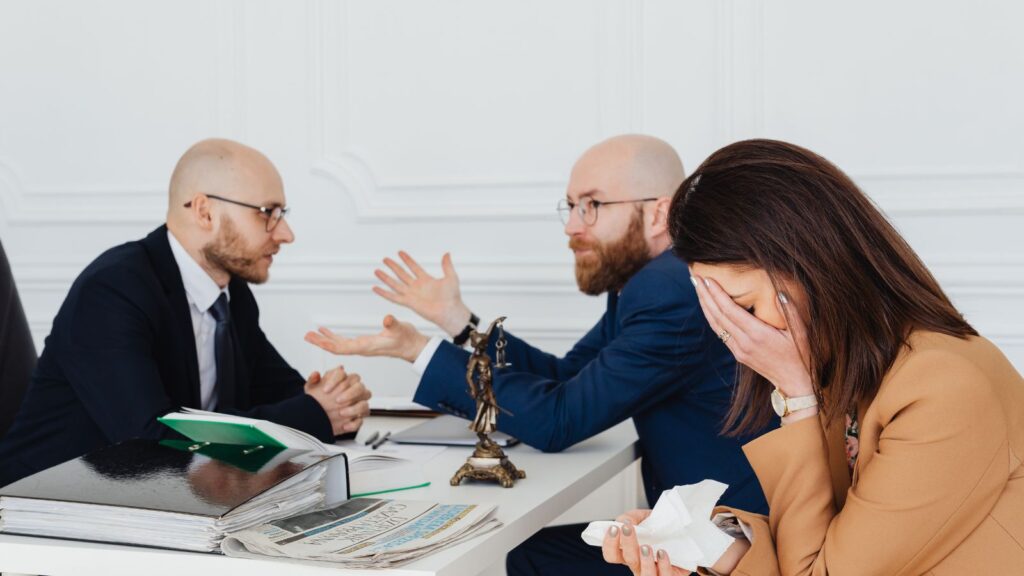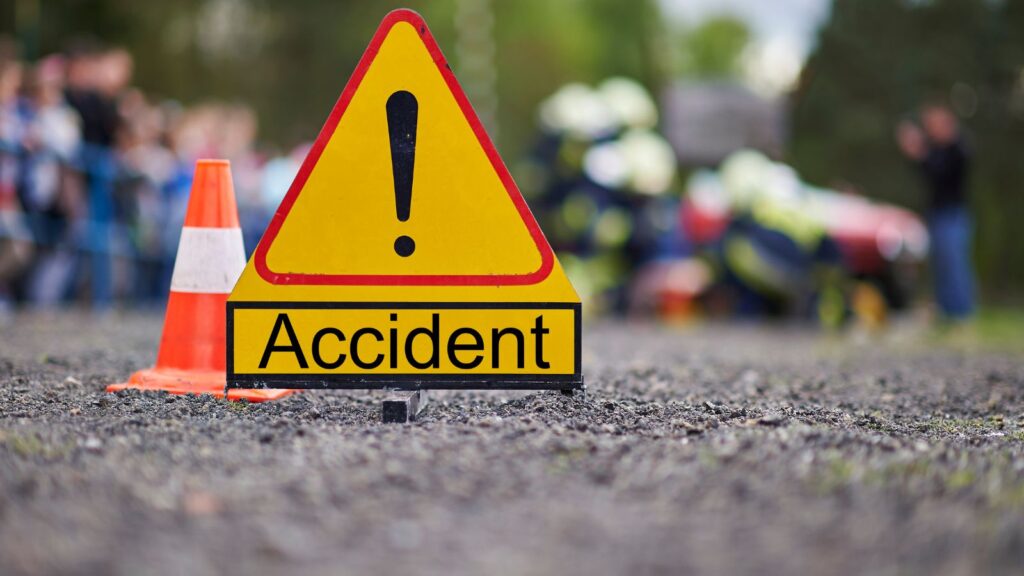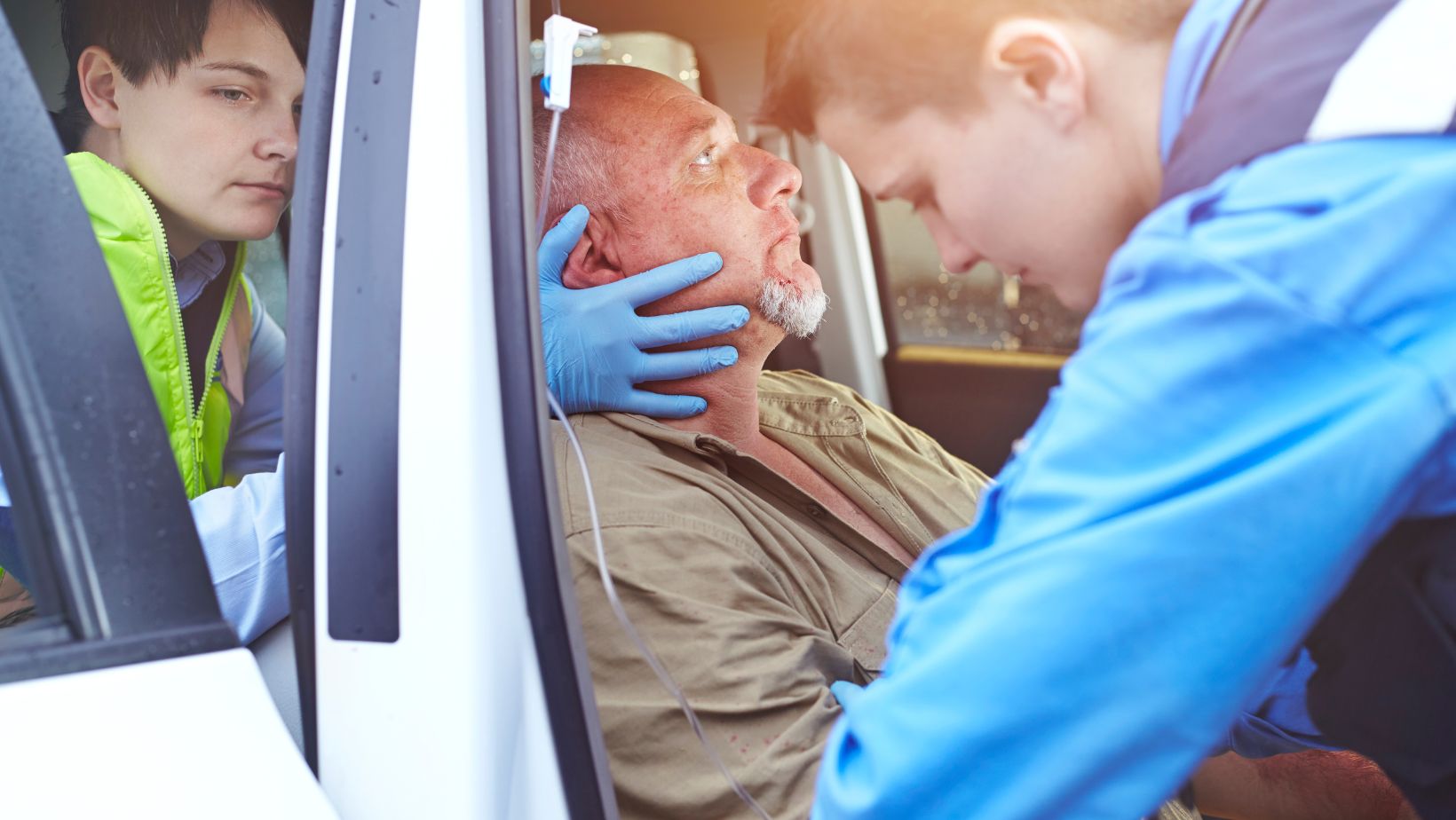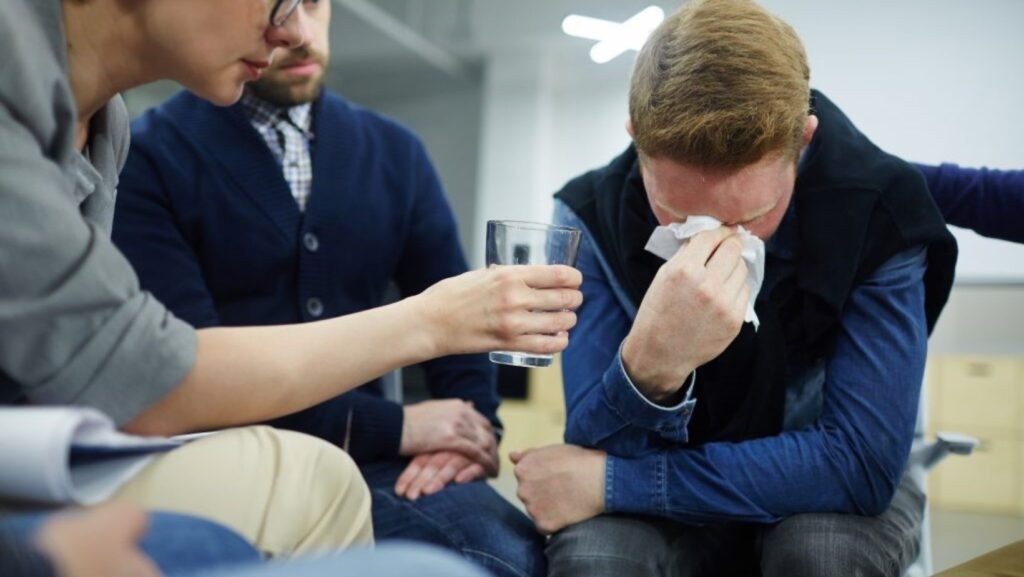Accidents can leave behind emotional wounds that often go deeper than the physical damage. The stress, fear, and trauma can shake up your life in ways you might not have anticipated. Whether it’s a car accident, a workplace mishap, or a simple fall, the emotional effects can be significant. Recognizing these feelings is key, and finding healthy coping strategies is essential. Remember, healing isn’t just about your body; it’s about tending to your mind as well.
During this challenging time, reaching out to personal injury attorneys at TopDog Law can make all the difference. The lawyers at TopDog Law offer free consultations. They have extensive experience in the field of personal injury law. These professionals don’t just help with legal claims—they provide guidance and support, ensuring your rights are protected.

If you find it tough to recover emotionally after an accident, you are not alone. Many others face similar challenges, but with the right approaches, you can regain your emotional strength.
Recognize Your Emotions
The first thing to do after an accident is to acknowledge how you feel. You might go through a range of emotions—anger, sadness, guilt, or anxiety. It’s perfectly normal to feel this way.
Here’s what you can try:
- Let yourself feel what you’re feeling without judging it. There’s no “wrong” way to respond to what’s happened.
- Share your thoughts with someone you trust. Talking about how you feel can help you sort through those emotions.
- Keep a journal to dig deeper into your thoughts and feelings.
For instance, if you’re nervous about driving again after a crash, recognizing that fear is a big step towards overcoming it. Ignoring your feelings can make them harder to deal with.
Ask for Professional Support
At times, the emotional fallout from an accident can feel too heavy to carry alone. In those moments, reaching out to a mental health professional can truly help.

Think about these options:
- Therapists or counselors can offer tools for coping and a safe space to talk about your experience.
- Support groups allow you to connect with others who understand what you’re going through.
- Medication may be suggested by a doctor if you struggle with anxiety or depression.
Be Kind to Yourself
It’s easy to fall into the trap of self-blame after an accident, even if it’s not your fault. You might replay the event in your mind, wondering if you could have done something differently, which isn’t helpful for your mental health.
Here’s how to treat yourself better:
- Remind yourself that accidents happen, and sometimes they are out of your hands.
- Foster positive self-talk. Swap negative thoughts for uplifting ones.
- Don’t compare your healing process to others. Each journey is unique.
Create a Routine
When everything feels out of control, routines can bring some stability. An accident can disrupt your usual habits, adding to your stress.
Here’s how to get back into a rhythm:
- Make a daily schedule, even if it’s simple. Regular meal times, exercise, and relaxation can help you feel grounded.
- Set small, achievable goals. If you’re recovering from an injury, try to increase your walking distance bit by bit.
- Make space for activities that bring you joy. Hobbies can distract you and boost your mood.
Rely on Your Support Network
Having supportive people in your life can be incredibly comforting. Friends, family, and loved ones can provide encouragement when you need it most.

Here are the ways to strengthen your support network:
- Reach out to friends or family for help with daily tasks or emotional support.
- Don’t hesitate to express what you need—whether that’s a listening ear or help with chores.
- Look for online forums or local groups focused on recovery and mental health.
Final Thoughts
Dealing with the emotional aftermath of an accident is not always straightforward. It’s a process that calls for patience, kindness to yourself, and support from others.
Keep in mind that emotional recovery is as important as physical recovery. It’s okay to seek help, take breaks, and focus on your mental health. Healing takes time, but with the right steps, you can find your way back to balance.
